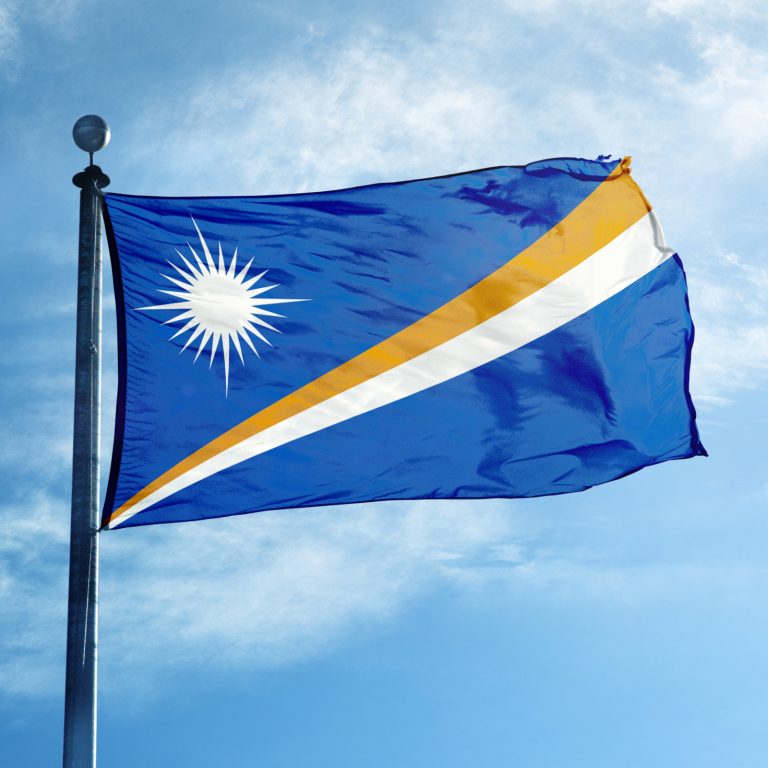
The president of the Marshall Islands, Hilda Heine, has narrowly survived a no-confidence vote. One of the principal catalysts for the challenge to Heine’s leadership has been opposition to her plan to introduce a national virtual currency.
Also Read: Venezuela: Petro Can Be Converted to Any Cryptocurrency If Bought This Year
Heine Barely Survives No-Confidence Vote
 Heine, the 67-year-old president of the island nation and the sole female head of state in the Pacific region, barely survived the parliamentary no-confidence vote, which took aim at her leadership. The parliament voted 16-16, just one vote shy of the 17 votes needed to overthrow Heine.
Heine, the 67-year-old president of the island nation and the sole female head of state in the Pacific region, barely survived the parliamentary no-confidence vote, which took aim at her leadership. The parliament voted 16-16, just one vote shy of the 17 votes needed to overthrow Heine.
Despite the lack of formal political parties in the Marshall Islands, Heine’s opposition appears to have been led by Casten Nemra, the country’s former president. Nemra has argued that Heine’s plans to introduce a state-backed digital currency, the Sovereign, have tarnished the government’s international reputation. Eight Marshallese senators supported this claim against Heine before the no-confidence vote was brought to parliament.
 Finance Minister Brenson Wase has indicated that the government intends to proceed with its plans for the Sovereign once it has met the requirements of the U.S., Europe and the International Monetary Fund (IMF). The proposed rollout of the Sovereign would see the virtual currency given the same recognition as the U.S. dollar within the Marshall Islands.
Finance Minister Brenson Wase has indicated that the government intends to proceed with its plans for the Sovereign once it has met the requirements of the U.S., Europe and the International Monetary Fund (IMF). The proposed rollout of the Sovereign would see the virtual currency given the same recognition as the U.S. dollar within the Marshall Islands.
In September, the IMF issued a warning to the Marshall Islands regarding its plans to introduce the Sovereign, stating: “The potential benefits from revenue gains appear considerably smaller than the potential costs … In the absence of adequate measures to mitigate them, the authorities should seriously reconsider the issuance of the digital currency as legal tender.”
Other Challenges to the President’s Leadership
 The former president also accused Heine’s government of failing
The former president also accused Heine’s government of failing



